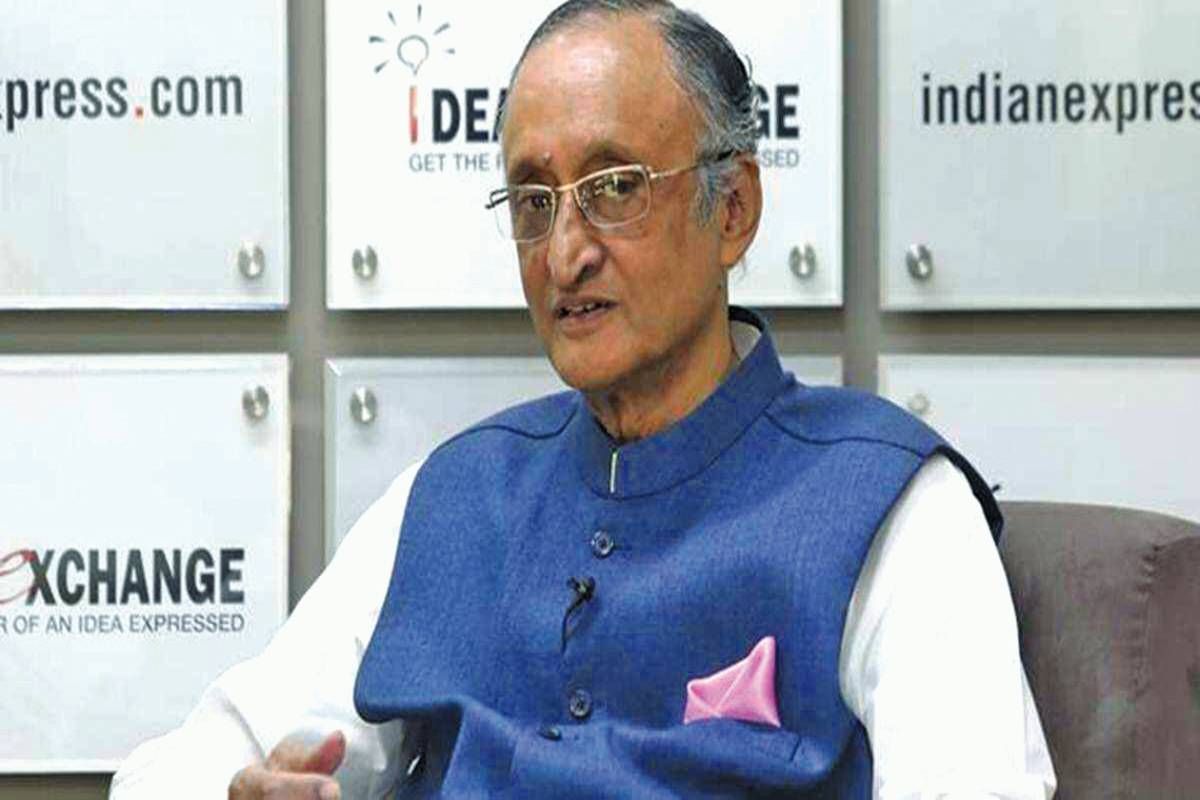India’s Got Latent: SC issues notice on YouTuber Ashish Chanchlani’s plea against FIRs
SC issues notice on YouTuber Ashish Chanchlani’s plea to quash or transfer FIR in India’s Got Latent case; tagged with Ranveer Allahabadia’s petition.
The court observed that ‘recommendations’ of the GST Council are the product of a collaborative dialogue involving the Union and states and they are recommendatory in nature.

The West Bengal government wrote to Union finance minister Nirmala Sitharaman, who is chairing the GST Council meeting to “take every decision by consensus and to leave aside any shade of majoritarianism” for the “future credibility of the Council” and “uphold its rich tradition”.
In a letter to Ms Sitharaman, the principal chief adviser to chief minister Mamata Banerjee and the finance department, Amit Mitra cited a recent judgement of the Supreme Court.
Advertisement
Mr Mitra, who is also the former finance minister, wrote, “Post decision of the SC, it has become imperative for the GST council to take every decision by consensus and to leave aside any shade of majoritarianism, not only for the future credibility of GST council but also to uphold the rich tradition of this august body….. On the backdrop of this extremely significant observation of the Hon’ble Apex Court, it has become extremely important for the GST Council to invariably arrive at a consensus for taking any decision. In fact, this has always been the rich culture of the GST Council.” Mr Mitra mentioned that former chairperson of the GST Council, Arun Jaitley and other distinguished members of the Council have always upheld the importance of reaching a consensus.
Advertisement
“The court observed that ‘recommendations’ of the GST Council are the product of a collaborative dialogue involving the Union and states and they are recommendatory in nature. To regard them as binding edicts, would disrupt fiscal federalism where both the Union and the states are conferred equal power to legislate on GST,” Mr Mitra wrote.
“The Hon’ble Court has observed that, the recommendations of the GST Council are not binding on the Union and states and noted in this regard that the deletion of Article 279B and the inclusion of Article 279(1) by the Constitution Amendment Act 2016 indicates that the Parliament intended for the recommendations of the GST Council to only have a persuasive value, particularly when interpreted along with the objective of the GST regime to foster cooperative federalism,” the letter further read.
The two-day GST Council’s 47th meeting is underway in Chandigarh to take a call on several key recommendations by ministerial committees aimed at making the tax system more efficient.
States ruled by Opposition parties have demanded that either the revenue sharing formula under the GST regime should be changed or the compensation period should be extended by five years.
Advertisement